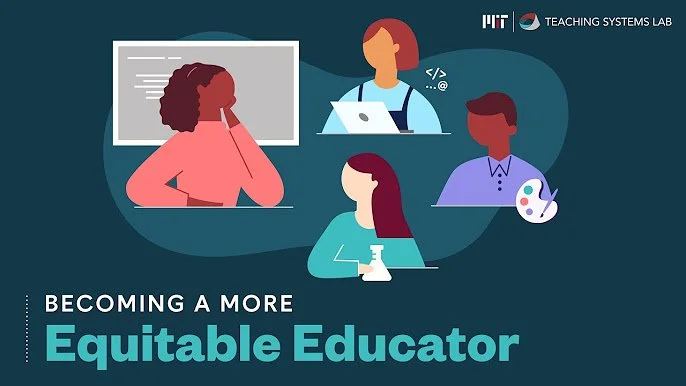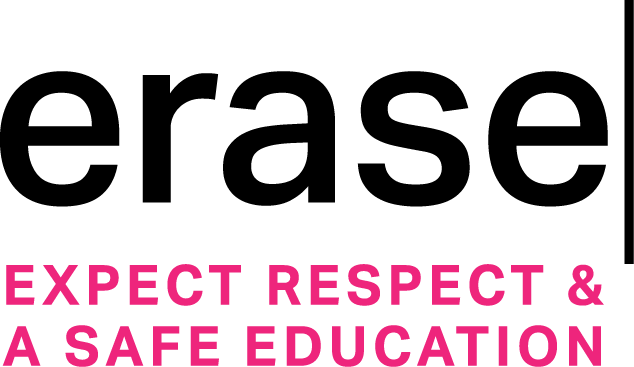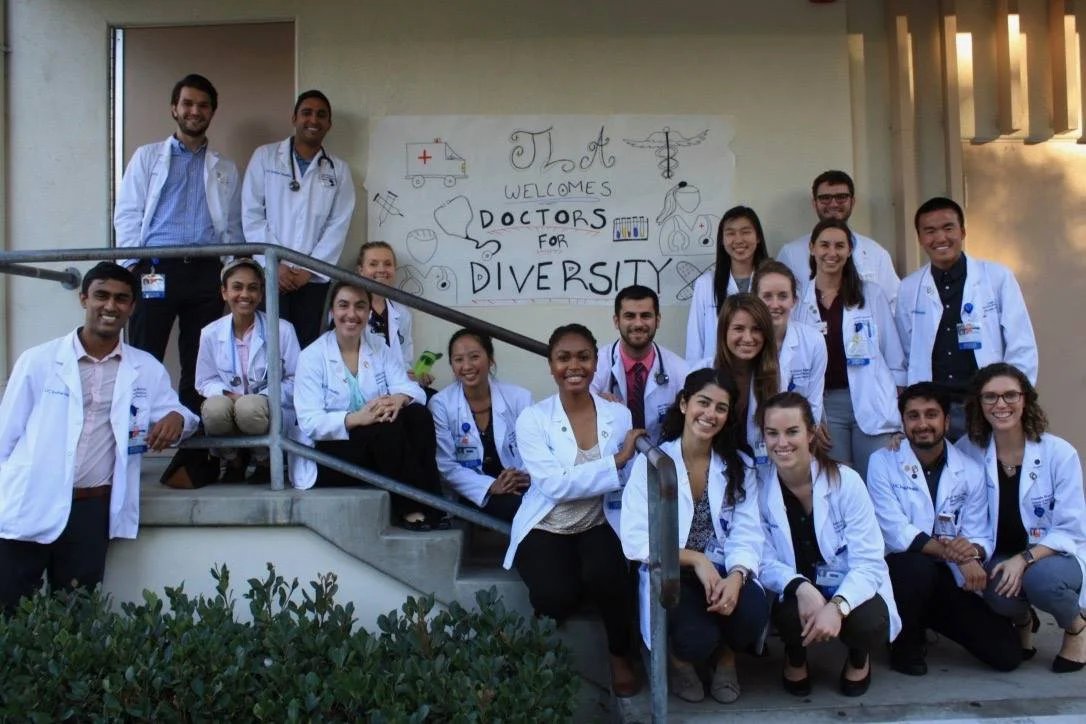
Instructional Initiatives
Equitable Educator
Medical educators make countless decisions every day: what content to teach, how to engage with learners across a range of settings, whom to recruit, how to respond to clinical scenarios. These day-to-day choices take place within a complex matrix of our own identities, those of our trainees, and a constant stream of societal crises. These moments can have an outsized impact on trainees: for good and ill, they can open new doors or cause lasting harm. This course is designed to help participants reflect on how our individual identities impact interactions between educators and learners. We will then explore a set of equity teaching mindsets and practices that can support all our learners, especially those from groups that have been historically – and are currently – underserved in medical education.
Note: this is a five-session course, adapted from an MIT Teaching Systems Lab.
ERASE Training
More than half of physicians report having experienced biased comments from patients relating to race, gender, religion, accent, or a range of other factors. These episodes can be particularly challenging for trainees, who are still establishing their professional identities and are relying on supervisors to support them. The ERASE framework is a step-wise, standardized approach to empower residency supervisors to recognize and respond to trainee mistreatment by patients. This one session workshop will introduce the ERASE framework and then give participants the chance to practice applying it to a specific case.
Note: this is a five-session course, adapted from a educators at Yale University.
Let’s Talk
The medical setting is a complex environment with multiple decision points and myriad conversations constantly at play. There may be so much going on that when something negative takes place, individuals may not even consciously notice, and even when they do it may be unclear how best to respond. Let’s Talk is a two-session arc designed to capture these types of difficult moments. The course highlights problematic clinical and educational scenarios, with a focus on direct behavioral interventions for how to successfully navigate them
Anti-Racism Facilitation Course
The course was a virtual 7-session, one semester elective course offering for members in the National Anti-racism in Medicine Curriculum Coalition (NAMCC) network. In addition, this course is intended for GME program directors and faculty educators who are interested in enhancing their small group facilitation skills. Seven 90-minute classroom sessions on Zoom will emphasize the socratic method, small group discussion, while integrating direct instruction of best practices for navigating difficult conversations surrounding race and other social identities. The format of each session included modeling or direct instruction, practice in small groups, and whole group socratic reflection. Some of the topics covered were Framing of Learning Community: Creating Safe & Brave Spaces, Identifying and Navigating Your Positionality with a focus on racial/gender identities and focus on medical hierarchy, Challenging Dominant and Oppressive Viewpoints in Real-Time, and Managing Racial Battle Fatigue (Mental and Emotional Taxation).
Doctors 4 Diversity (D4D), Long Beach, California
D4D is an organization that goes to elementary, middle, and high schools in a predominantly Black and Hispanic part of Long Beach, CA. Medical students teach local children about the cardiovascular, renal, and GI systems to give them early exposure to medicine, provide role models, educate them about common chronic conditions, and encourage them to share their new knowledge with their families. As president, I represented D4D at Diversity Council meetings hosted by the Dean of the Office of Diversity and Inclusion, collaborated with other organizations, increased funding available for the program's efforts, and advised the Dean's office on ways to make UCISOM a more inclusive environment. Work from this year culminated in a graduation ceremony for our 6th grade mentees, some of whom had been with the program since kindergarten.





